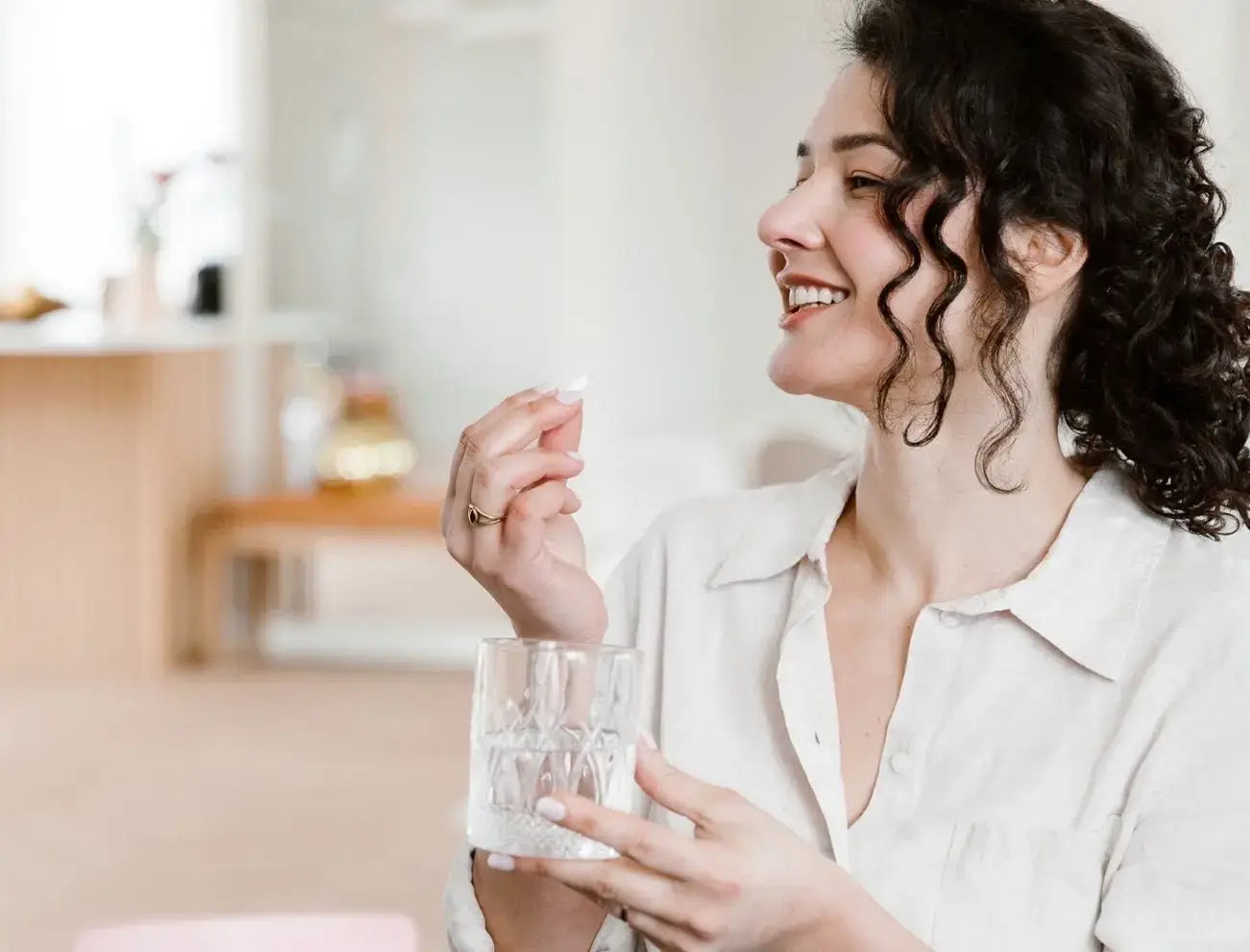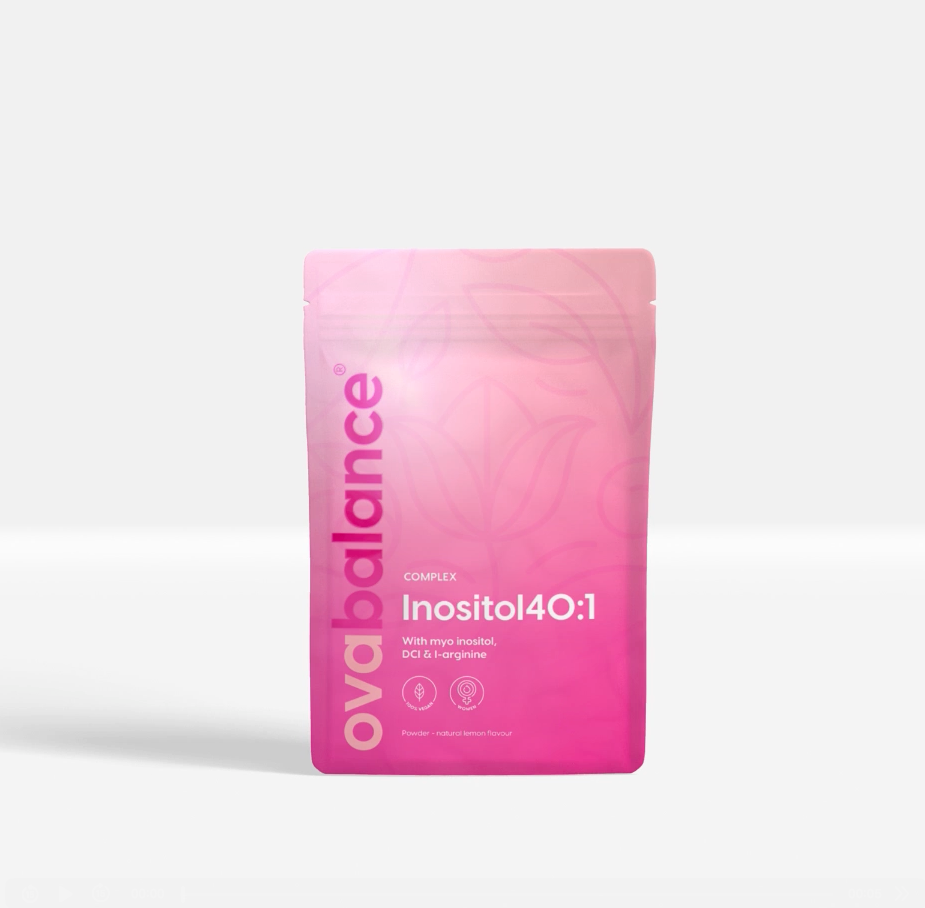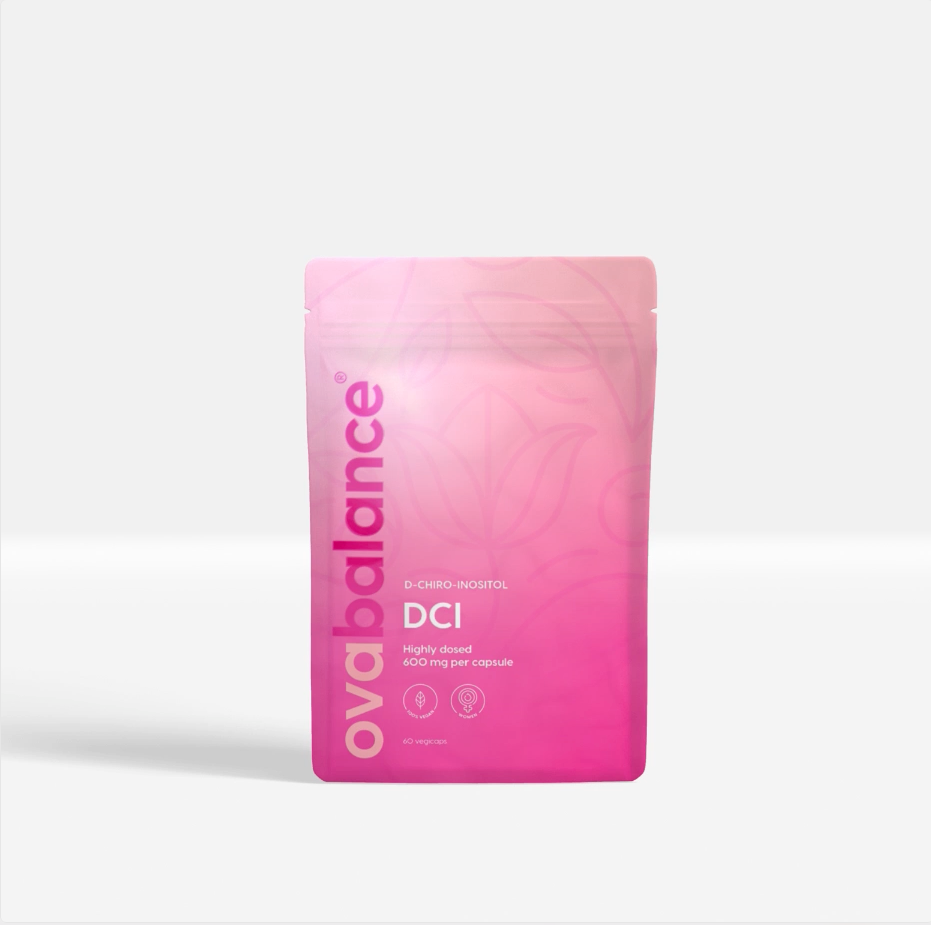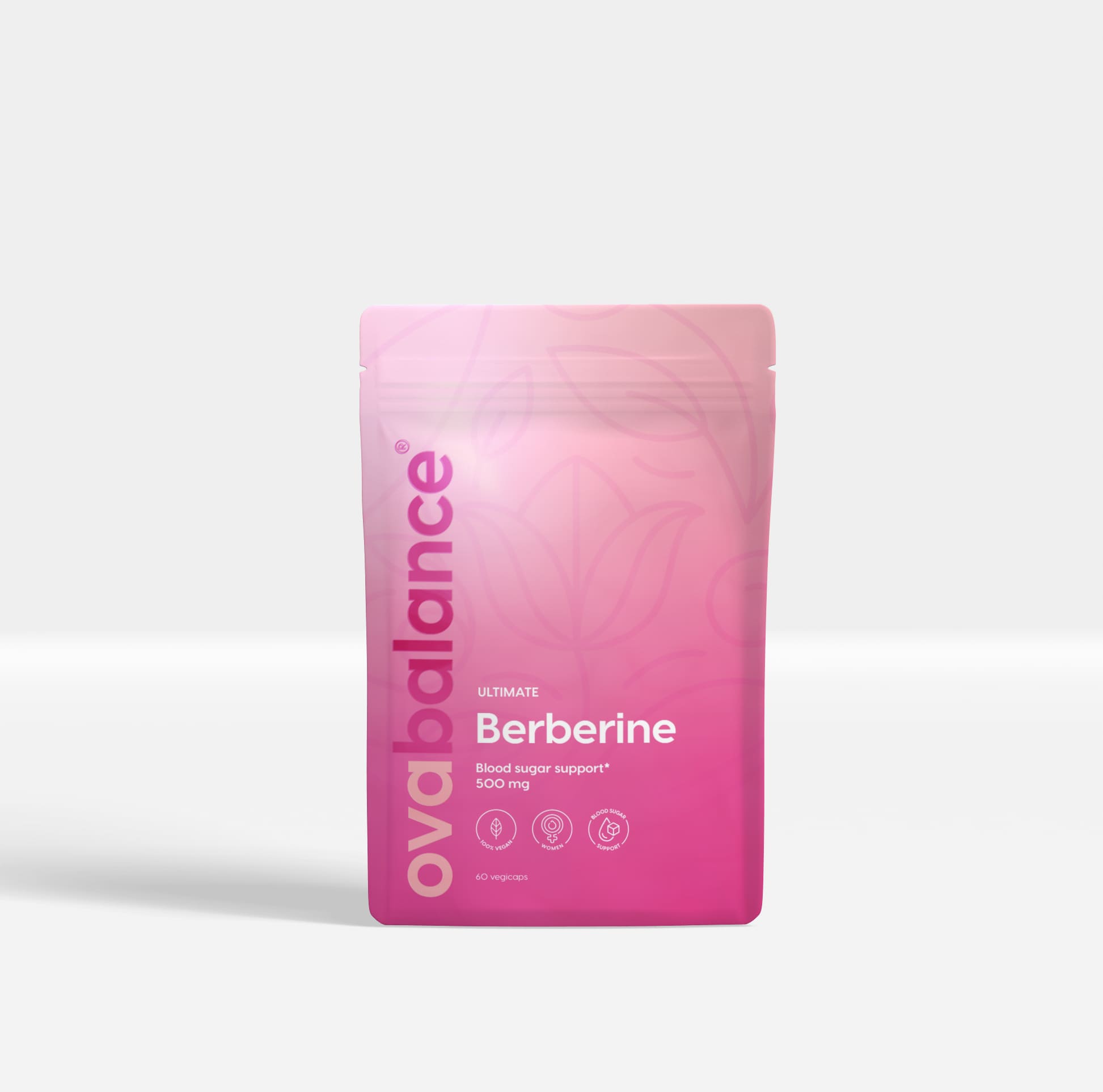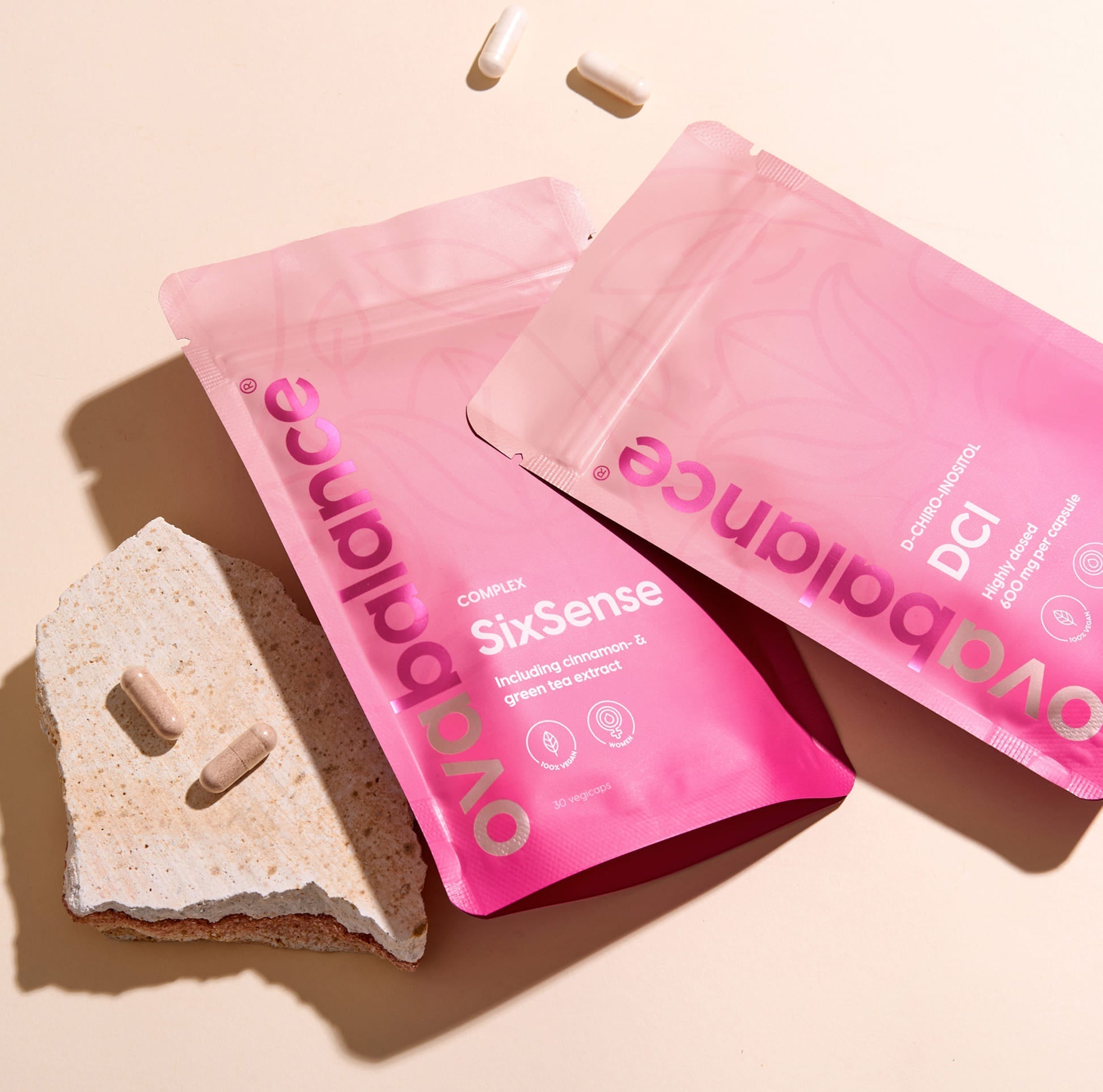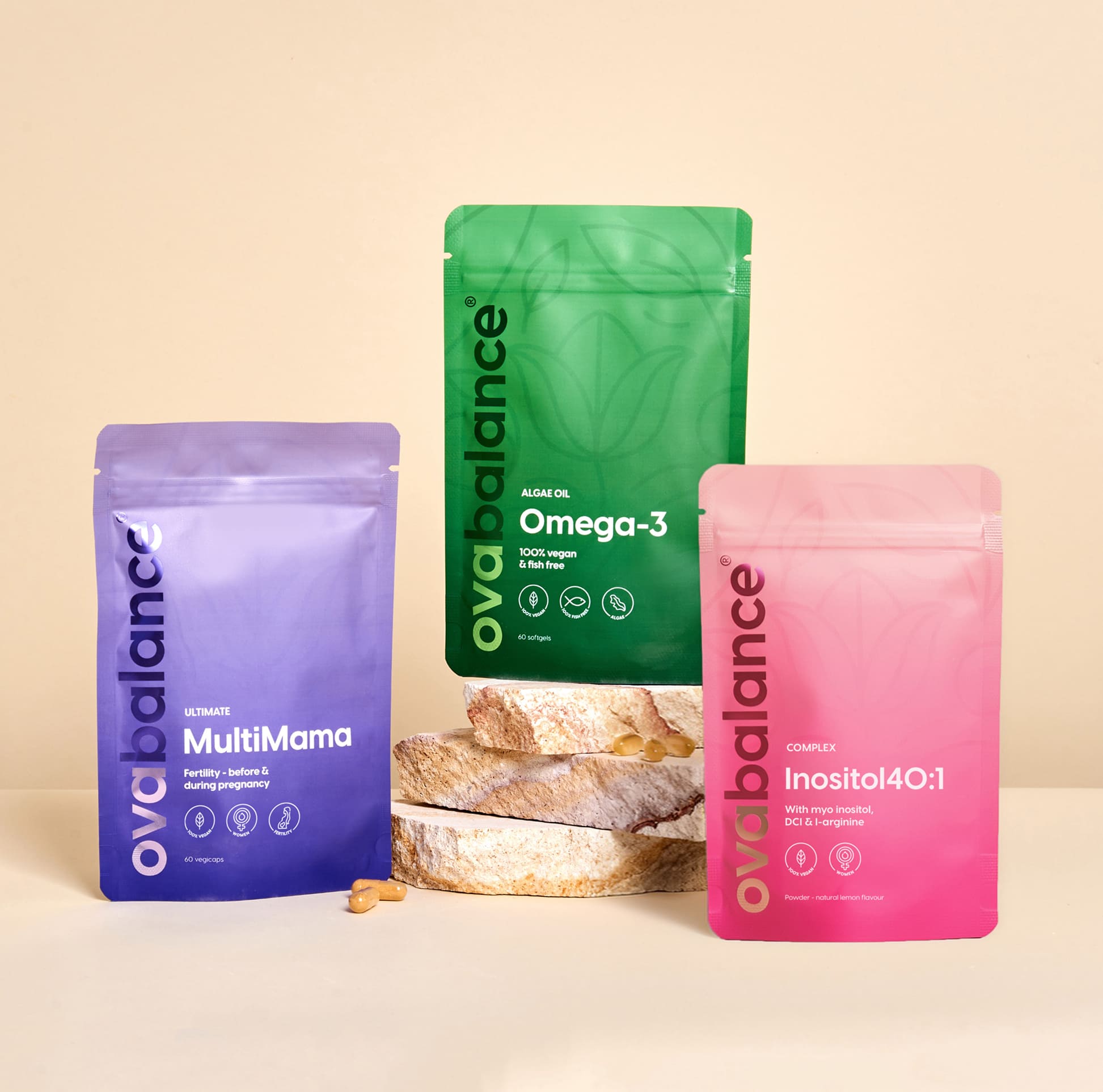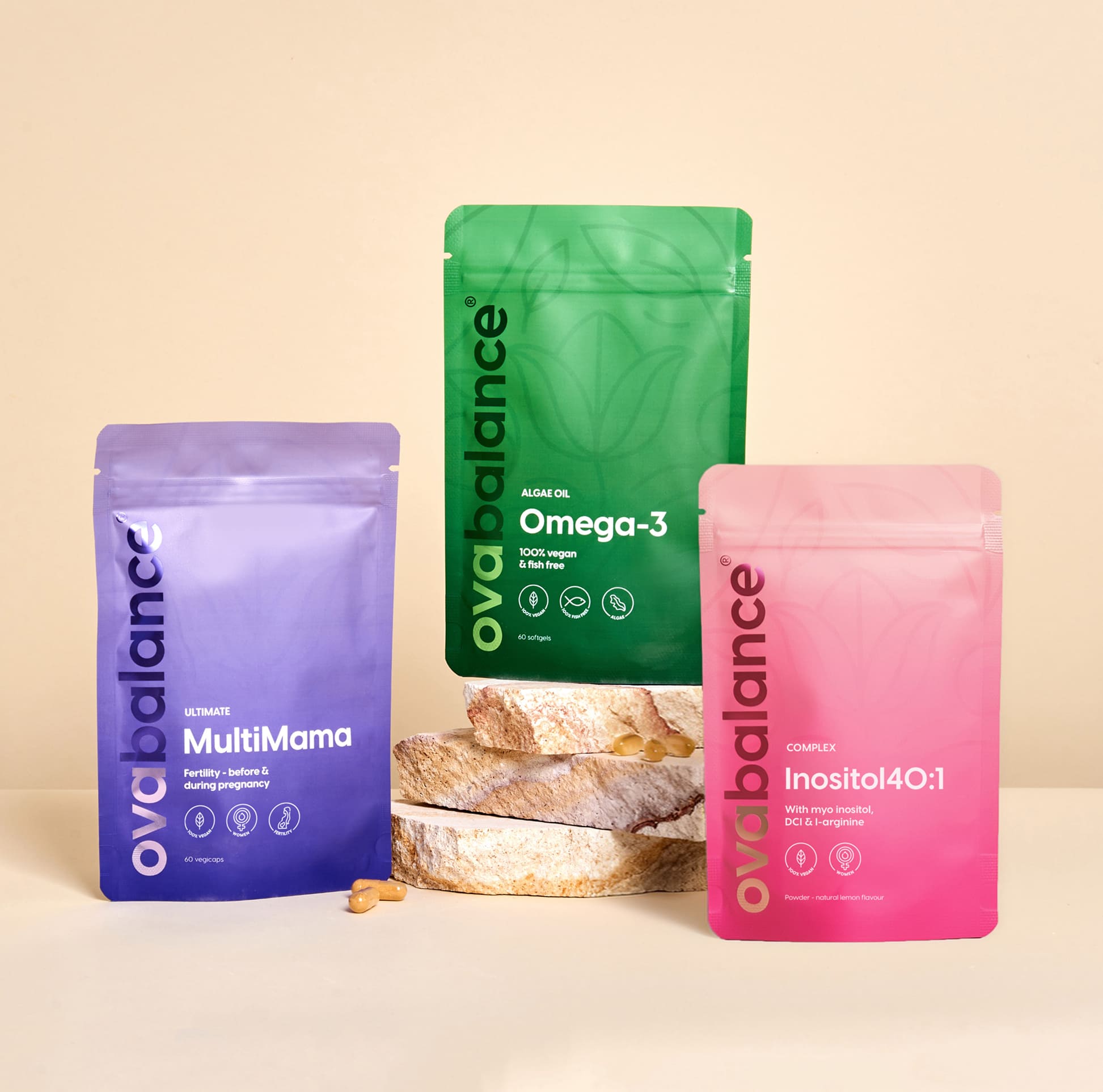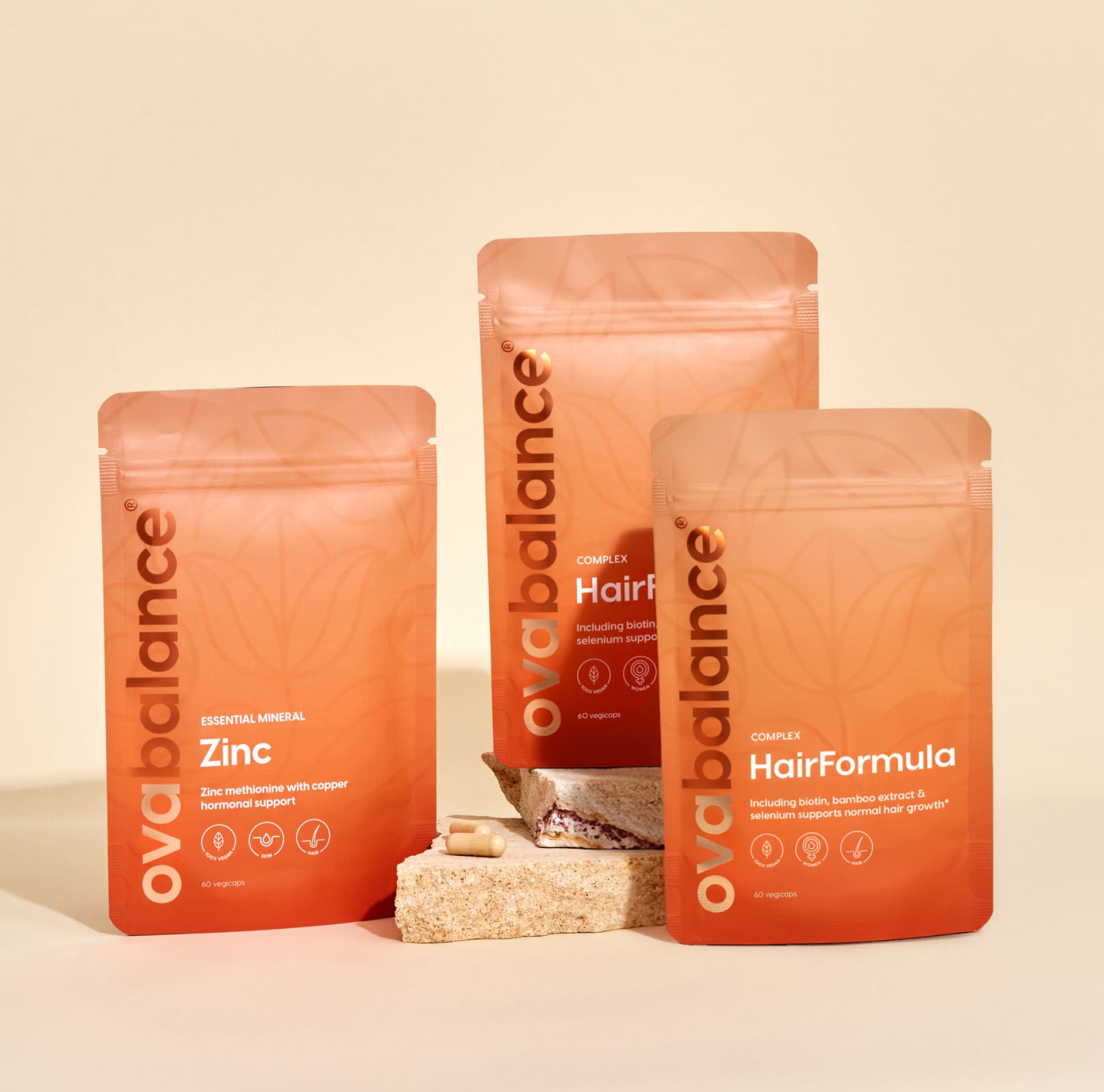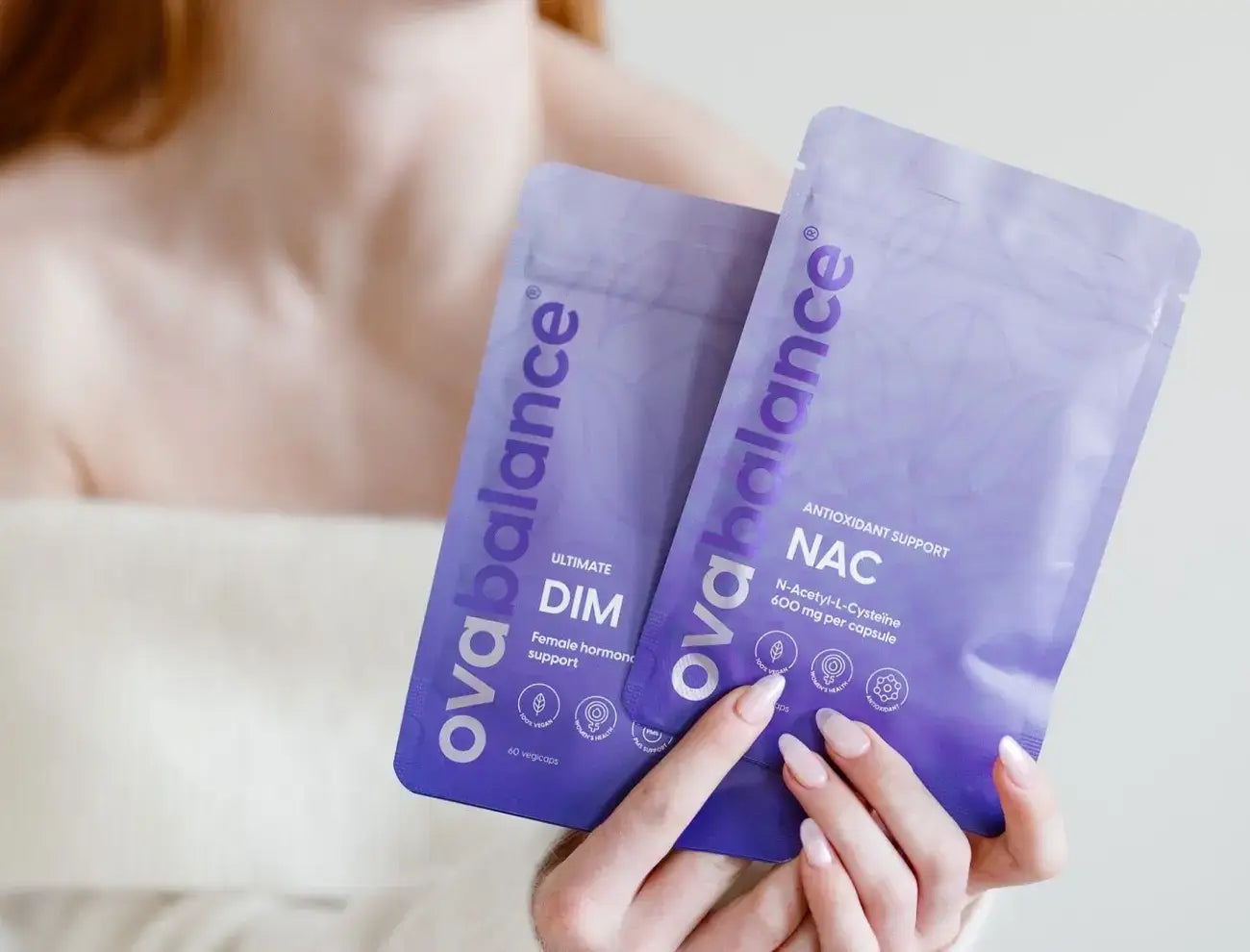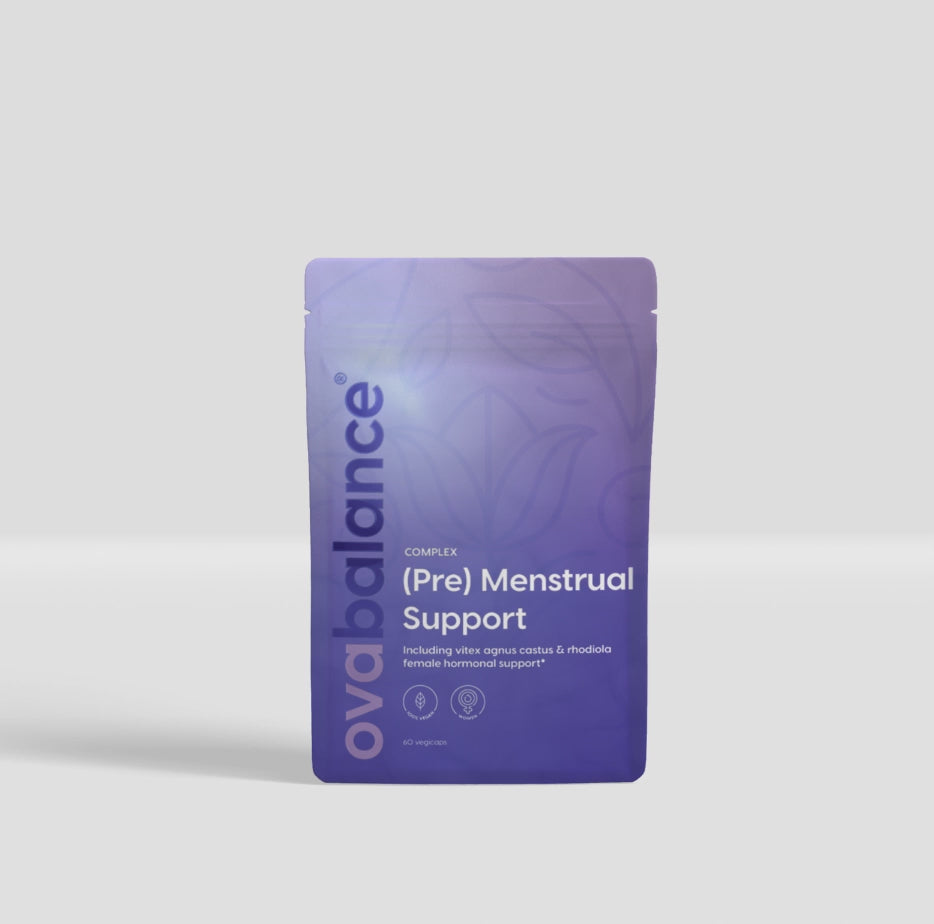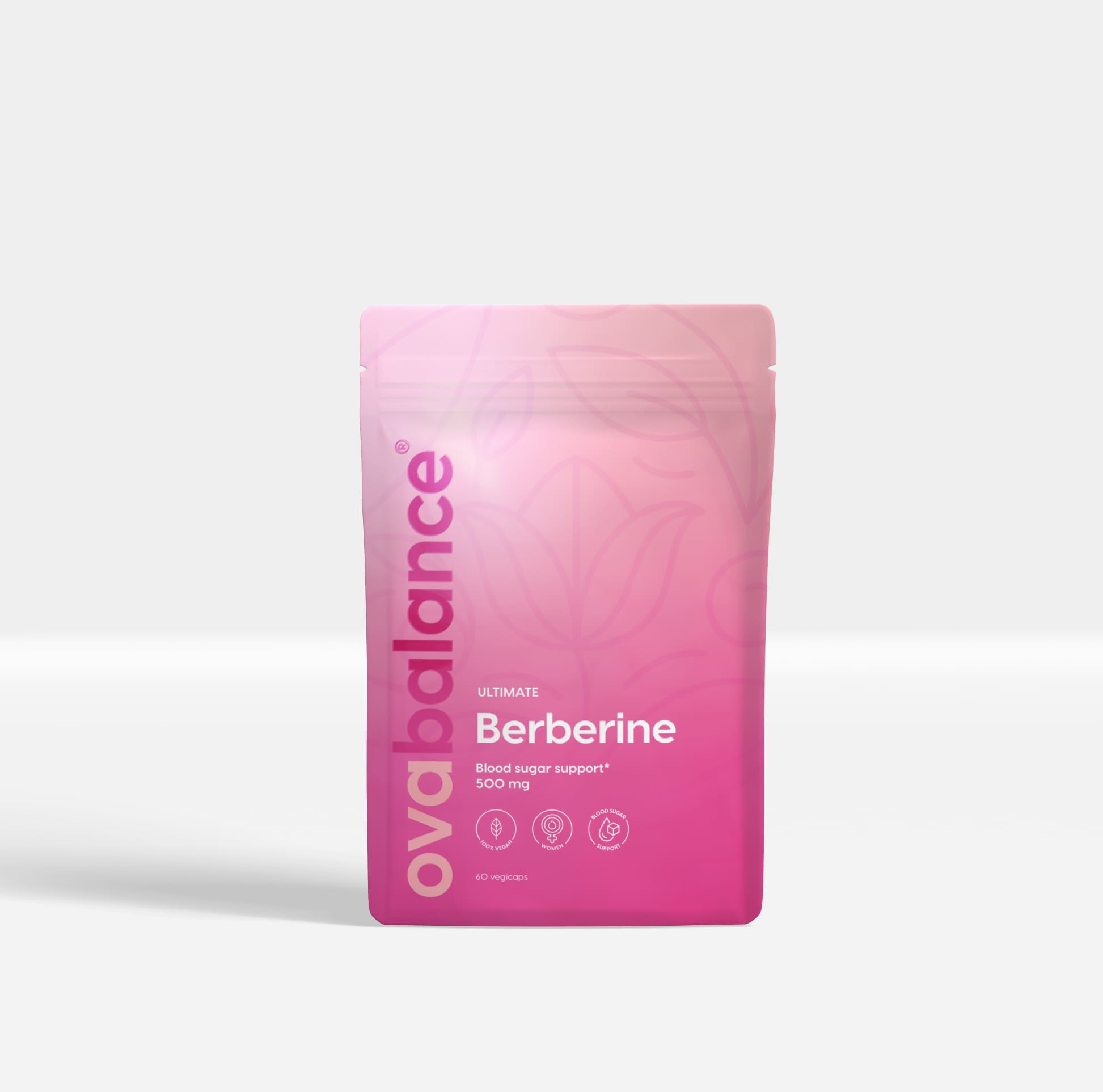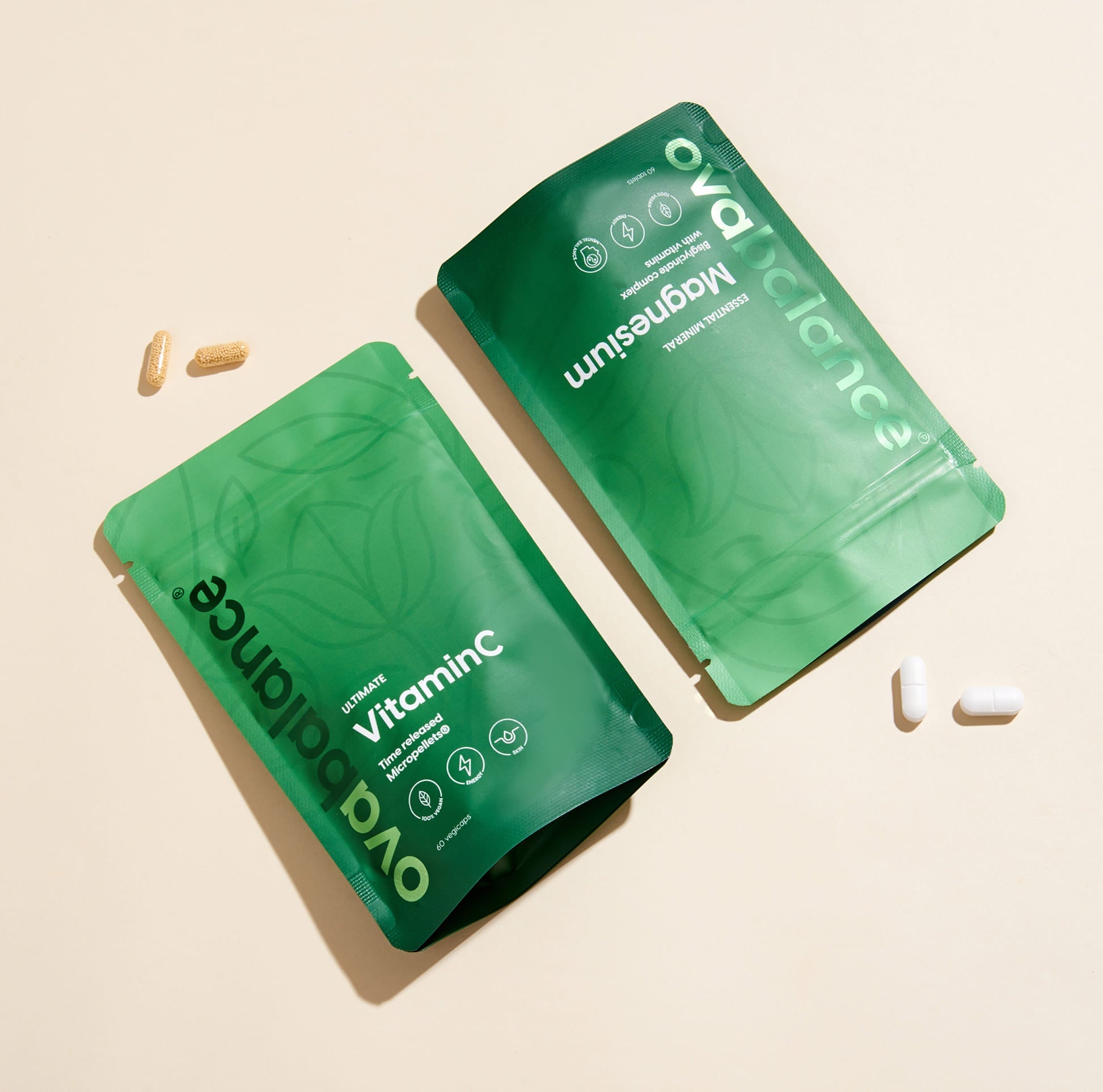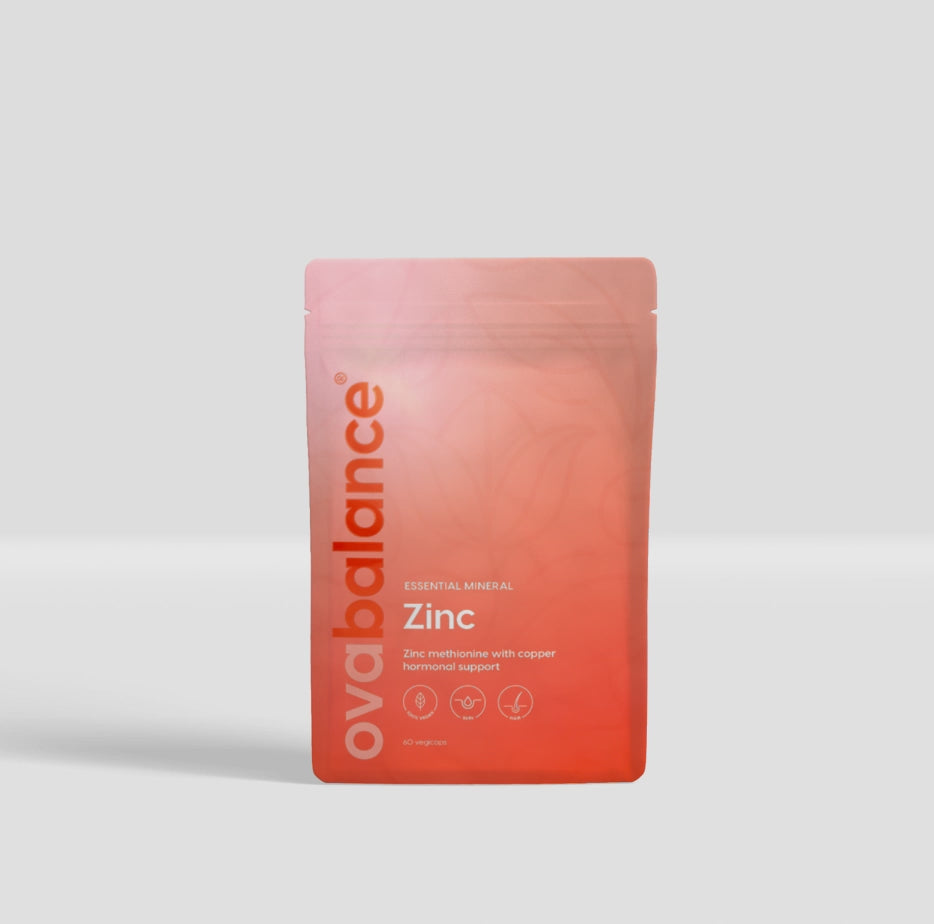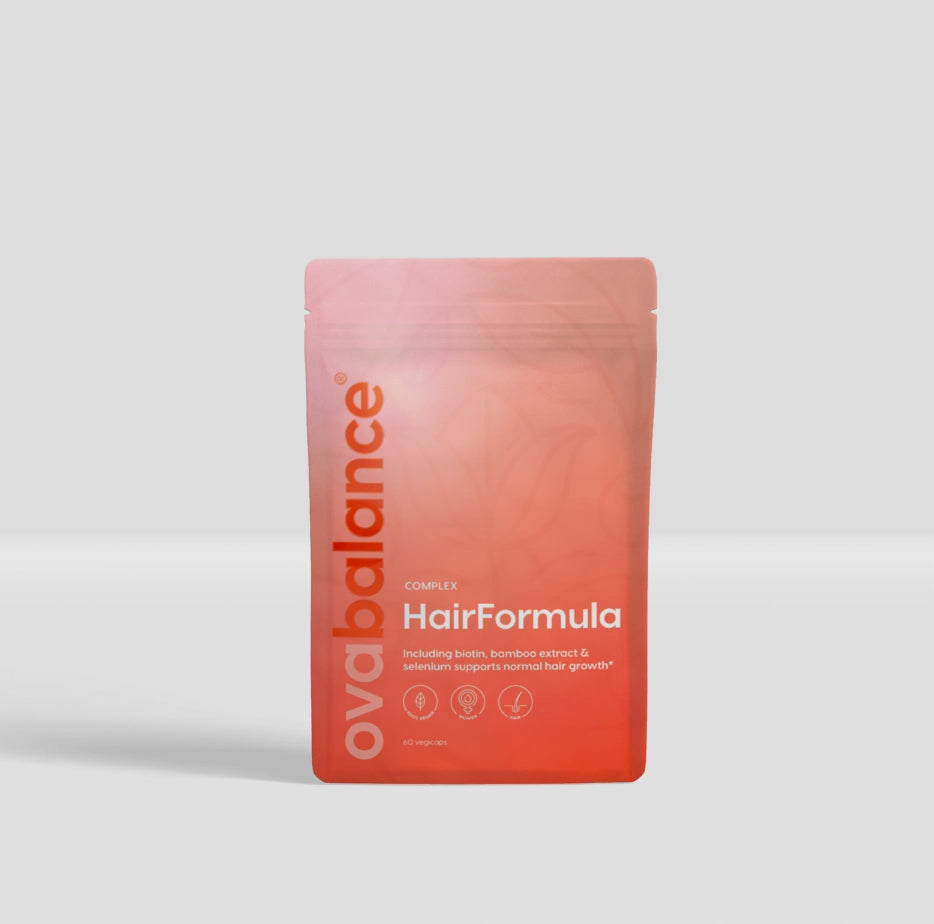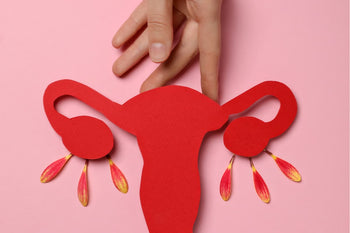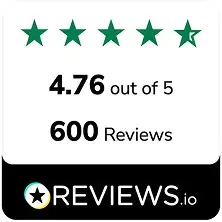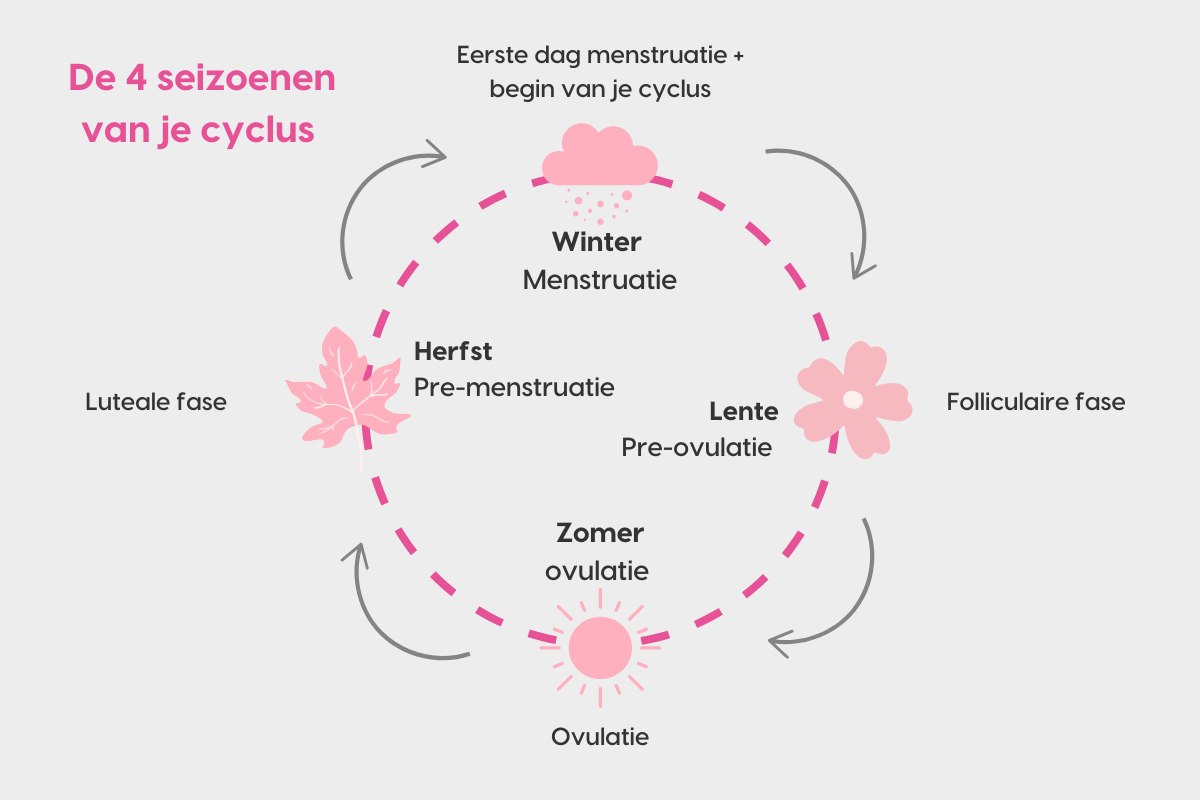

If you want to get pregnant, it is useful to know your hormone cycle well. But did you know that you can do much more by understanding your cycle?
You can adjust your life to it and make it easier. Because… have you ever thought about why you have a shorter fuse on some days? And why there are days when you seem to have less energy than normal? Exactly: your cycle has an influence on this. In this article we will tell you how your hormone cycle works.
---
The Hormone Cycle vs. the Biological Clock
The hormone cycle is not the only cycle you have to deal with. The rhythm of our daily life is mainly determined by the circadian rhythm for both men and women. This is the rhythm whose cycle lasts approximately 1 day (24 hours).
The circadian rhythm is also called our biological clock. Women also have to deal with the infradian rhythm: the menstrual cycle.
This entire cycle consists of 28 days and is regulated by your hormones.
The different phases of the cycle
Your hormone cycle is a complex process that consists of different phases. A regular cycle lasts an average of 28 days, but varies between 21 and 35 days. No matter how many days your cycle lasts, a normal cycle consists of 2 phases; the follicular phase and the luteal phase.

The follicular phase : the phase from the moment your period starts until ovulation
Luteal phase : the phase from ovulation until your period.
These phases are regulated by several hormones, including:
FSH - follicle stimulating hormone
LH - luteinizing hormone
Estrogen
And progesterone.
The 4 Seasons of the Menstrual Cycle
In each cycle, an egg matures and ovulation takes place. This is followed by possible implantation in the uterus or the release of the egg during menstruation. In a cycle, your body goes through 4 different phases each time. In each phase, the hormone levels change, which makes you feel different. You can compare these phases to the seasons:
Winter – menstruation: this is the period when you have your period.
Spring – pre-ovulation: from the end of your period until the next ovulation occurs.
Summer – ovulation: the days when you are fertile.
Autumn – Pre-menstruation: the days before your period is due. your cycle. After autumn, the cycle starts all over again and menstruation follows: winter.

Winter, or menstruation, lasts 3-7 days.
While spring usually lasts 7-10 days. These 2 seasons mark the first half of your cycle (known as the follicular phase).
Summer, which occurs in the middle of the cycle and refers to the fertile days surrounding your ovulation, lasts about 4 days.
And fall lasts 10-14 days. Fall marks the second half or luteal phase of your cycle. After fall, the cycle starts all over again and menstruation follows: winter.
Menstruation (winter)
The menstrual phase is the first phase of the cycle and begins on the first day of your period. During this phase, your body sheds the unfertilized egg and the lining of the uterus, which was built up in the previous cycle. A girl usually has her first period between the ages of 11 and 16.
On average, menstruation lasts about 3 to 7 days. On the second day, the blood loss is usually the heaviest. On average, you lose about 25 to 40 ml of blood per period.
During menstruation, the levels of the hormones estrogen and progesterone drop, reaching their lowest levels on the days around the start of menstruation.
What do you notice during menstruation (winter)?
During the winter phase, you will experience various symptoms. For example, when you are menstruating, you may experience abdominal pain and cramps, which are caused by the uterus contracting to shed the uterine lining. Other common symptoms include:
- Headache
- Fatigue
- Mood swings
Tips for during menstruation (winter)
Make time for yourself during your period. Slow down and take time for a warm bath or reading a book.
A hot water bottle or a warm bath can help relieve menstrual cramps and muscle tension.
It is also wonderful to drink warm , relaxing herbal tea that has been specially formulated for use during menstruation.
Many women also have a greater need to be alone during this phase. Make time for this.
Pre-ovulation (Spring)
After your period, it’s time to enter the sunny side of your cycle. Spring is an important time in the follicular phase, as it’s the period leading up to ovulation. This phase usually lasts about 7-10 days, but can vary from woman to woman.
Estrogen levels continue to rise during this spring period, causing the uterine lining to thicken and your body to prepare for ovulation.
What do you notice during the pre-ovulation phase (spring)?
The rising level of the hormone estrogen makes you have more energy, you shine and you feel like going out. During pre-ovulation you may also experience an increased sexual attraction. This is also due to the increased levels of estrogen and testosterone in your body. Not so strange, because your fertile phase is approaching.
Tips for the pre-ovulation phase (spring)
This phase of your hormone cycle is the time of the month when you want to schedule social events. You can also focus better during this phase and feel confident and stable.
An ideal moment to get started on new plans, for example, or to pick up activities that you have put off for a while.
Ovulation (Summer)
The ovulation phase of your cycle is also called summer. This takes place in the days around your ovulation. A lot happens with your hormones:
The amount of follicle stimulating hormone increases.
The hormone estrogen peaks and helps thicken the uterine lining so a fertilized egg can implant.
The rise in estrogen also causes a powerful surge of the hormone LH. Shortly after this surge, ovulation occurs.
And your testosterone level also rises. Testosterone makes you want to have sex more. It is therefore not surprising that testosterone levels rise just before ovulation.
The hormone LH is the hormone that causes ovulation to occur. An ovulation test shows when the LH peak is present.
Normally, you ovulate within 24 to 48 hours after the LH surge begins. This is when you are most fertile.
What do you notice during the ovulation phase (summer)?
Around ovulation, you feel strong and flexible and ready to take on the world. In the run-up to ovulation, your hormones do everything they can to get you laid, because this is the time you are fertile. They make sure you feel good about yourself, look good and feel adventurous.
A few days before ovulation, you may notice that you have a clearer, shiny, and elastic vaginal discharge. Some women feel their ovulation. It feels like a plop, prick, or stab in the lower abdomen. In addition, you may sometimes experience tender breasts and a bloated feeling.
Tips for during the ovulation phase (summer)
This phase of your cycle is your fertile period. You are most fertile in the two to three days before ovulation. An egg cell only lives for 24 hours. Sperm cells, on the other hand, can easily survive for a few days in your body, waiting for the egg to burst during ovulation. In short: do you want to get pregnant? Then have sex before you ovulate.
Tip: In addition to healthy food, there are supplements that can support fertility. When you want to get pregnant, a general recommendation is to take folic acid on time. Read which supplements you can use: "getting pregnant" .
Low maternal folate status is a risk factor for the development of spina bifida in the developing fetus. The beneficial effect is obtained with an additional folic acid intake of 400 μg per day for at least one month before and up to three months after conception.
Pre-Menstruation (Fall)
After ovulation, the premenstrual phase begins: the autumn of the cycle. This phase is also called the PMS week (premenstrual syndrome).
It is the period between ovulation and menstruation and usually the longest period of your cycle. Your body 'investigates' during this period whether the egg has been fertilized or not.
After ovulation, the egg travels via the fallopian tube to the uterus. On the way, the egg can be fertilized by a sperm cell. A fertilized egg implants itself in the uterine wall. The progesterone hormone from the corpus luteum (the remaining covering of the burst egg) supports the possible implantation and ensures the maintenance of the uterine lining.
If the egg is not fertilized, the corpus luteum breaks down. This causes a drop in the hormone progesterone, which causes the lining of the uterus to shed and another menstruation to start.
This also begins the next cycle.
What do you notice during the premenstrual phase (autumn)?
You may still have that lovely summer feeling during the first few days of the autumn phase. But often you can notice changes quite quickly. For example, if you are sensitive to the first drop in the hormone estrogen the day after ovulation, you may be more irritable, grumpy or sad.
After this, the amount of estrogen increases again a little and you feel a little better until the moment that this hormone really starts to decline.
Tips for the pre-menstrual phase (autumn)
During this pre-menstrual phase, or fall, try to say no more often and free up space in your schedule.
You are a bit slower during this period and may feel a bit less fit.
This is also the time of the month when you have a greater need for unhealthy food. A handy tip is therefore to do your grocery shopping during the ovulation phase. And maybe even cook some food for the freezer. That way, you also have a healthy meal at hand during the autumn phase.
There are also supplements that contribute to discomfort around menstruation, that contribute to a normal hormone balance. Read more and view menstruation/PMS supplements .
Finally, be gentle with yourself and take breaks.
FAQ
Which hormones play a role during the cycle?
In this article we discussed different hormones that play a role in the female hormonal cycle. Which hormones are these and what do they do during your cycle?
- FSH - follicle stimulating hormone : S stimulates the ovaries to mature an egg each cycle. It also stimulates the ovaries to produce the female sex hormone estrogen.
- LH - luteinizing hormone: Initiates ovulation.
- Estrogen : Ensures, among other things, the formation of a sufficiently thick uterine lining.
- Progesterone : Works with estrogen to prepare the uterus for a possible pregnancy after ovulation.
-
Testosterone : The male sex hormone. But women also make testosterone. It plays a role in the desire for sex, among other things.

What are common complaints during the menstrual cycle?
During your menstrual cycle, your body goes through various changes in hormones. For many women, this is accompanied by physical and/or emotional complaints in some parts of the cycle. And although these complaints differ from person to person, there are a number that often occur, for example:
Abdominal cramps : These are usually one of the first signs of an approaching period and can range from mild to severe pain. They are caused by contractions in the uterus and surrounding muscles as they prepare to shed the uterine lining. The pain is usually located in the lower abdomen or lower back.
Fatigue : Hormonal fluctuations are often accompanied by a feeling of tiredness and a lack of energy.
A bloated feeling : Before and during menstruation you can also suffer from a bloated feeling in your abdomen. For example, your belt suddenly feels too tight.
Sensitive breasts : Especially around ovulation and during menstruation, your breasts may be more sensitive than normal.
Headache : Just before menstruation starts or shortly after is a typical time when headaches often occur.
Acne Breakouts : During menstruation, pimples are more likely to occur due to increased sebum production in response to changing hormone levels.
Mood swings and irritability : Because hormones also affect emotions, your emotions are more unpredictable than normal due to hormonal fluctuations - one day you feel great and the next day you don't feel like doing anything and you feel listless.
Read more about menstrual discomfort in the article "menstrual complaints".
Are you in a phase of your cycle, for example autumn or winter, in which you experience complaints and you feel less comfortable in your own skin? Then be kind to yourself; don't set the bar too high and take it easy and read here what else you can do.
How do your hormones go from imbalance to balance during your cycle?
Although your hormones are always in flux during your cycle, there are a number of things you can do to keep your hormone balance as balanced as possible:
You would do well to pay attention to your diet . Healthy eating, with sufficient fiber, vitamins and minerals is important. Avoid eating too much sugar. Drinking enough water is also important.
Keeping moving , especially outdoors, also works wonders. You produce endorphins. This has a positive effect on hormonal balance.
Make sure you get enough sleep . On average, women need about eight hours of sleep per night.
Avoid stress as much as possible. The stress hormone (cortisol) is a major disruptor of your hormonal balance. If you can prevent or resolve stressful situations, do so. And make sure you relax enough to lower the cortisol level again.
Additional supplements such as Menstrual Support . Menstrual suppot developed to support women with discomfort before and during menstruation1*.
This natural formula can help women of childbearing age stay physically and mentally balanced.
Contributes to normal hormonal balance*
Helps with mood swings during menstrual cycle1*
In this article you can read more about which supplements help with menstruation .
1 Vitex agnus castus * Health claim pending European approval
After reading this article, do you want to know more about the menstrual cycle and its different phases? Then this book is recommended: Cycle strategy .
